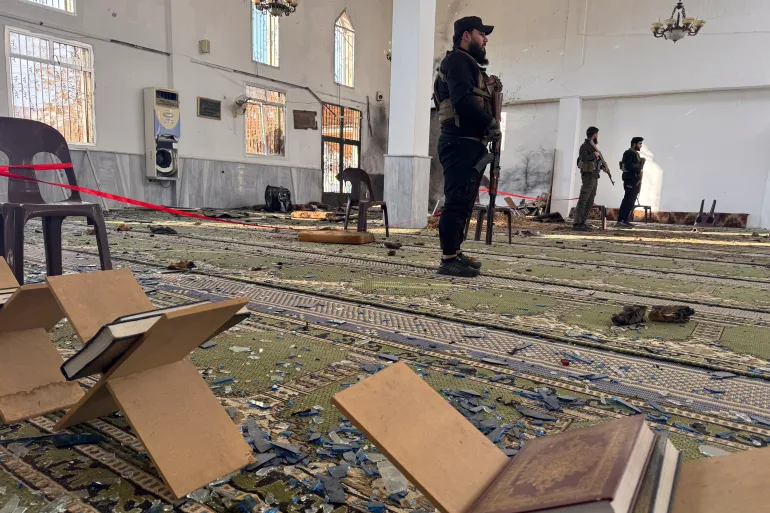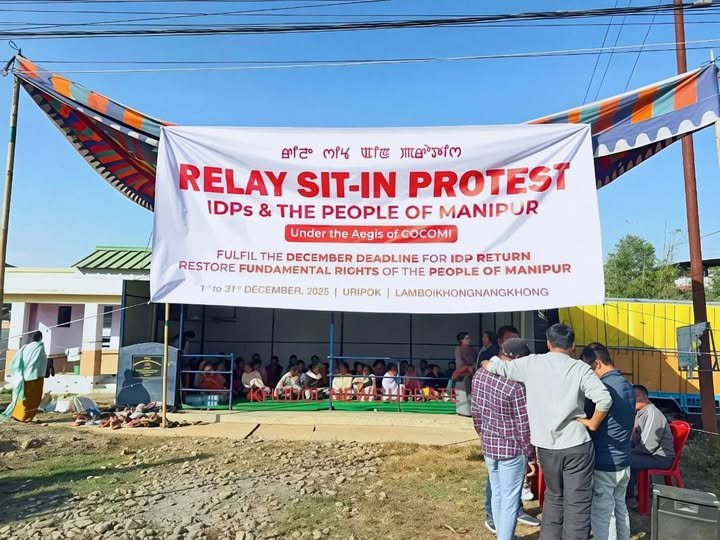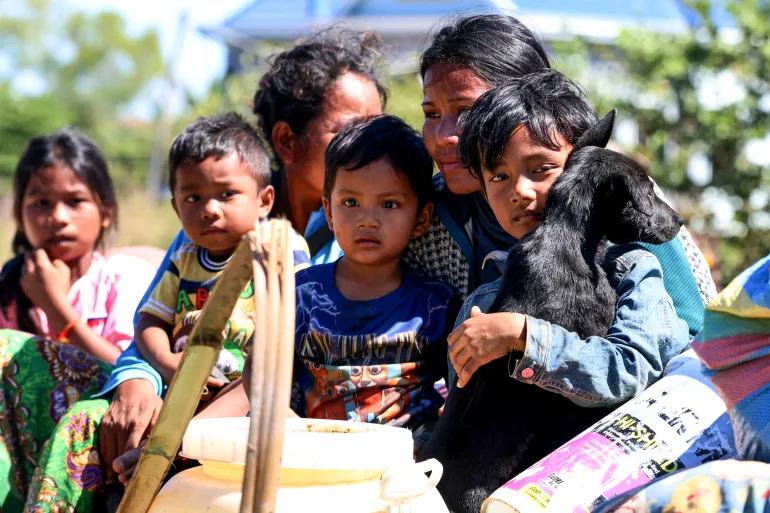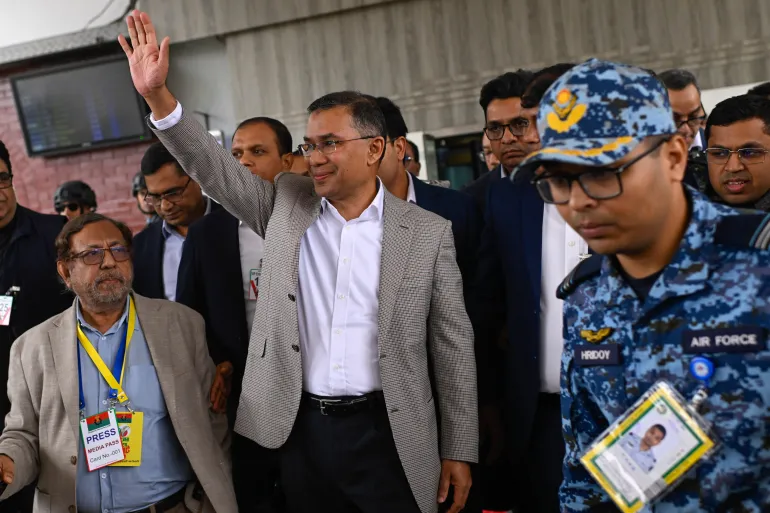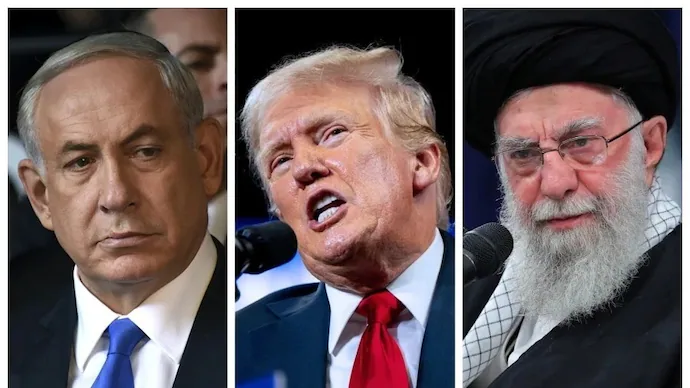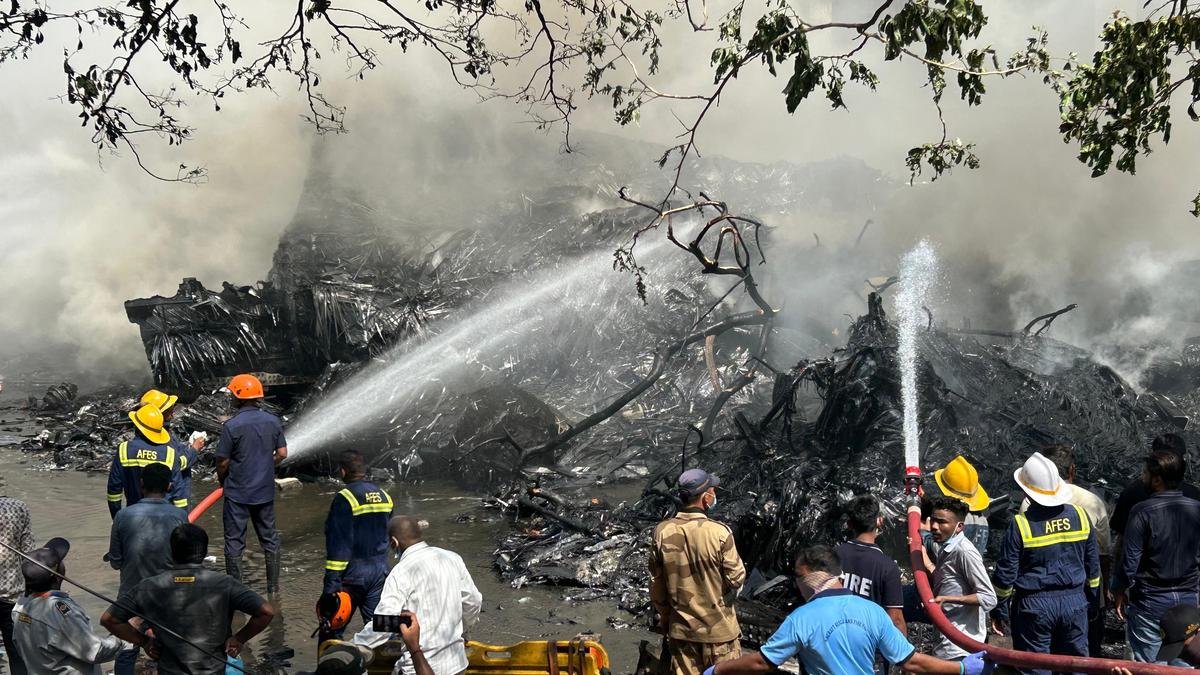Iran–Israel Conflict Escalates: Missile Barrages, Civilian Casualties, and Global Reactions
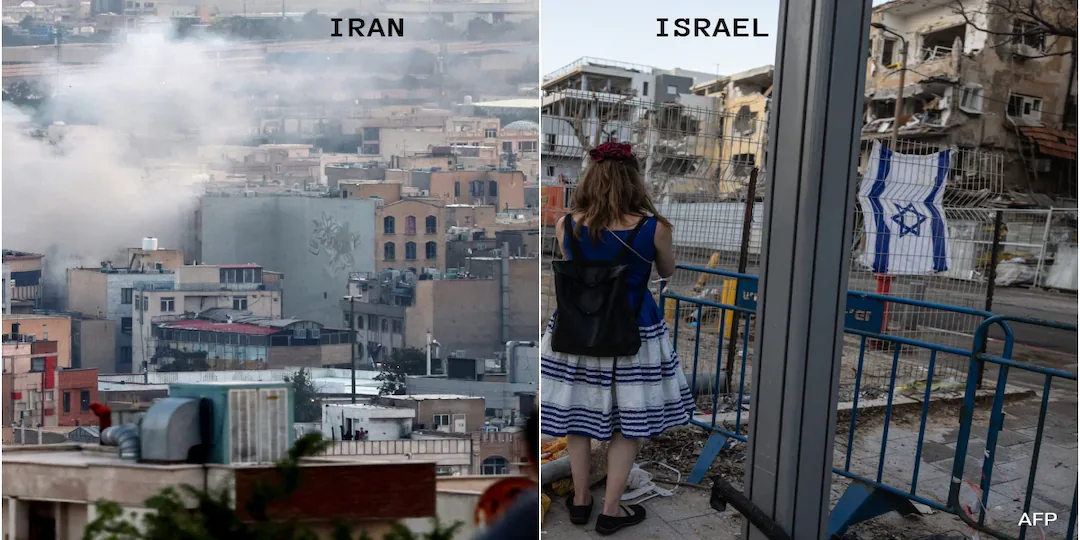
By International Desk | June 17, 2025,
The ongoing war between Iran and Israel has escalated into one of the most dangerous conflicts in the Middle East in recent years. On the fifth day of hostilities, both countries have suffered significant military and civilian losses as missile strikes continue from both sides. The conflict has drawn urgent international concern, with global leaders reacting to the spiraling violence.
In the early hours of June 17, Iran launched a new wave of ballistic missiles targeting major Israeli cities including Tel Aviv, Haifa, Ashkelon, and Bat Yam. According to Israeli emergency services, at least 24 people were killed, and over 590 were injured due to the attacks. Multiple buildings were hit, including residential complexes and public infrastructure.
Iran’s Islamic Revolutionary Guard Corps (IRGC) stated that the attack was in retaliation for Israeli airstrikes on Iranian military and nuclear installations earlier this week.
In response, the Israeli Defense Forces (IDF) expanded their aerial campaign, launching airstrikes deep into Tehran, Esfahan, and Mashhad. Israeli military officials reported targeting key military research centers, missile depots, and energy infrastructure.
Iran’s government confirmed that the attacks killed more than 220 people and left over 1,200 injured. Civilian casualties were reported in central Tehran as air defense systems attempted to intercept incoming drones.
United States:
Former President Donald Trump, who is leading U.S. foreign policy under the emergency security directive, said that the U.S. is not seeking a ceasefire, but a “complete end to Iran’s nuclear ambitions.” Trump called for the evacuation of civilians from Tehran, labeling the situation “extremely dangerous.” The U.S. has deployed additional missile defense assets to support Israel.
G7 Nations:
In a joint communiqué, G7 leaders voiced strong support for Israel's right to self-defense and labeled Iran as “a key source of regional instability.” They urged restraint while stressing that “Iran must never obtain a nuclear weapon.”
Russia and Turkey:
Presidents Vladimir Putin and Recep Tayyip Erdoğan jointly condemned Israel’s strikes, calling them “acts of aggression” and urging immediate diplomatic negotiations. Both countries called for a UN-mediated ceasefire.
United Nations:
The UN Security Council is expected to hold an emergency session today, though divisions between Western allies and Russia/China may hinder any unified resolution.
The war has disrupted daily life in both countries. Air raid sirens have become routine in Israeli cities. Schools, airports, and public transport systems have been shut down.
In Iran, damage to oil refineries and power grids has led to rolling blackouts and energy shortages in Tehran and Esfahan. Several countries, including India, China, Germany, and France, have begun evacuating their nationals from both conflict zones.
Tensions in the Strait of Hormuz are increasing, with Iran threatening to restrict oil shipments. The global oil market responded with a spike in prices, raising fears of supply shocks.
Experts warn that a regional war could erupt if groups allied with Iran, such as Hezbollah in Lebanon or militias in Iraq and Yemen, escalate attacks on Israel or U.S. forces.
As missiles continue to fly and death tolls mount, the Iran–Israel conflict shows no sign of slowing. With both countries refusing to back down and international powers deeply divided, the risk of a broader regional war remains alarmingly high. Diplomacy is urgently needed—but currently appears far from reach.
The ongoing war between Iran and Israel has escalated into one of the most dangerous conflicts in the Middle East in recent years. On the fifth day of hostilities, both countries have suffered significant military and civilian losses as missile strikes continue from both sides. The conflict has drawn urgent international concern, with global leaders reacting to the spiraling violence.
In the early hours of June 17, Iran launched a new wave of ballistic missiles targeting major Israeli cities including Tel Aviv, Haifa, Ashkelon, and Bat Yam. According to Israeli emergency services, at least 24 people were killed, and over 590 were injured due to the attacks. Multiple buildings were hit, including residential complexes and public infrastructure.
Iran’s Islamic Revolutionary Guard Corps (IRGC) stated that the attack was in retaliation for Israeli airstrikes on Iranian military and nuclear installations earlier this week.
In response, the Israeli Defense Forces (IDF) expanded their aerial campaign, launching airstrikes deep into Tehran, Esfahan, and Mashhad. Israeli military officials reported targeting key military research centers, missile depots, and energy infrastructure.
Iran’s government confirmed that the attacks killed more than 220 people and left over 1,200 injured. Civilian casualties were reported in central Tehran as air defense systems attempted to intercept incoming drones.
United States:
Former President Donald Trump, who is leading U.S. foreign policy under the emergency security directive, said that the U.S. is not seeking a ceasefire, but a “complete end to Iran’s nuclear ambitions.” Trump called for the evacuation of civilians from Tehran, labeling the situation “extremely dangerous.” The U.S. has deployed additional missile defense assets to support Israel.
G7 Nations:
In a joint communiqué, G7 leaders voiced strong support for Israel's right to self-defense and labeled Iran as “a key source of regional instability.” They urged restraint while stressing that “Iran must never obtain a nuclear weapon.”
Russia and Turkey:
Presidents Vladimir Putin and Recep Tayyip Erdoğan jointly condemned Israel’s strikes, calling them “acts of aggression” and urging immediate diplomatic negotiations. Both countries called for a UN-mediated ceasefire.
United Nations:
The UN Security Council is expected to hold an emergency session today, though divisions between Western allies and Russia/China may hinder any unified resolution.
The war has disrupted daily life in both countries. Air raid sirens have become routine in Israeli cities. Schools, airports, and public transport systems have been shut down.
In Iran, damage to oil refineries and power grids has led to rolling blackouts and energy shortages in Tehran and Esfahan. Several countries, including India, China, Germany, and France, have begun evacuating their nationals from both conflict zones.
Tensions in the Strait of Hormuz are increasing, with Iran threatening to restrict oil shipments. The global oil market responded with a spike in prices, raising fears of supply shocks.
Experts warn that a regional war could erupt if groups allied with Iran, such as Hezbollah in Lebanon or militias in Iraq and Yemen, escalate attacks on Israel or U.S. forces.
As missiles continue to fly and death tolls mount, the Iran–Israel conflict shows no sign of slowing. With both countries refusing to back down and international powers deeply divided, the risk of a broader regional war remains alarmingly high. Diplomacy is urgently needed—but currently appears far from reach.
